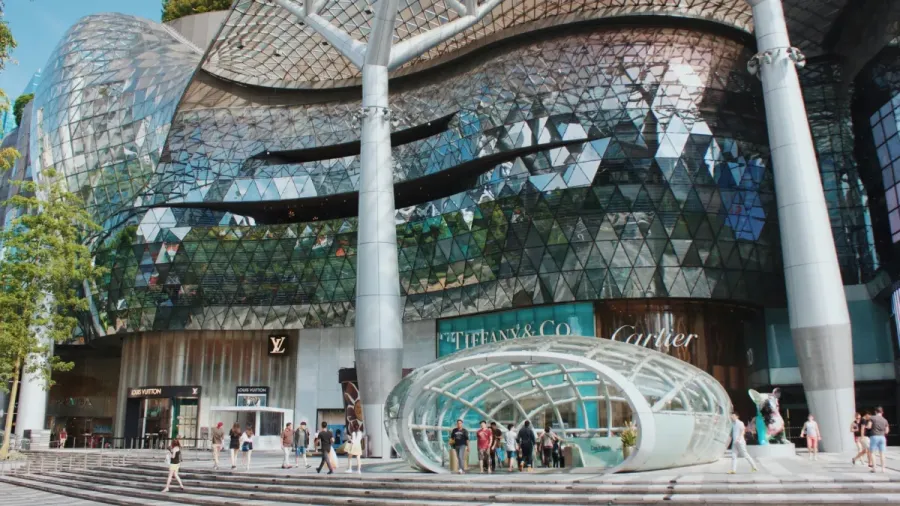
Luxury brands risk stagnation without experience-led strategy: report
Two-thirds of luxury professionals surveyed said AI would improve their ability to target consumers more precisely.
AI has become central to strategy in the global luxury market, but brands looking to grow in 2025 will need to shift from product-centric approaches to experience- and purpose-led ecosystems, according to Euromonitor.
Generative AI is now widely adopted across the luxury sector, used for everything from predictive design to real-time marketing and hyper-personalised retail.
The firm noted that two-thirds of luxury professionals surveyed said AI would improve their ability to target consumers more precisely.
Yet the product alone is no longer enough to drive growth. Experiential luxury—covering travel, hospitality, retail, and immersive “third spaces”—is expected to grow by 8% in 2025 to roughly US$103.4b. In contrast, personal luxury goods are projected to see a slight dip.
Consumers, especially those in higher income brackets, are increasingly seeking meaning and emotional value. According to the report, 55% of affluent respondents say they prefer to spend on experiences rather than material goods, whilst 71% report concerns about everyday affordability.
Luxury brands are also expanding into adjacent categories such as home décor, wellness, real estate, and even senior living—especially for the growing segment of affluent consumers aged 60 and above.
The goal is to build lifestyle-centric ecosystems that meet holistic well-being needs and extend brand engagement.
Sustainability is evolving from a compliance issue to a core value driver. Leading brands are adopting circular business models, investing in digital product passports, and using third-party certifications such as B-Corp status to prove their climate credentials.
Euromonitor noted that brands that succeed will go beyond product innovation to offer personalised, ethically grounded, and emotionally engaging experiences.
It added integrating generative AI with verified sustainability and lifestyle-led extensions will be key to maintaining relevance and growing revenue in an increasingly values-driven market.

















 Advertise
Advertise






